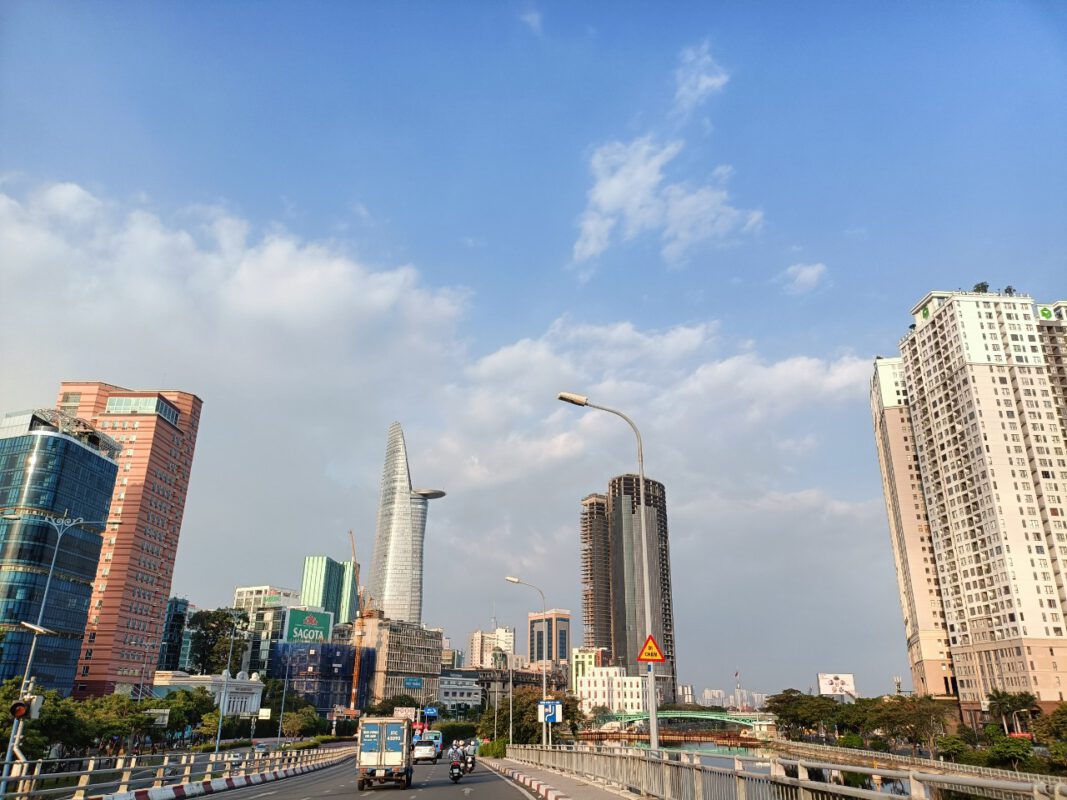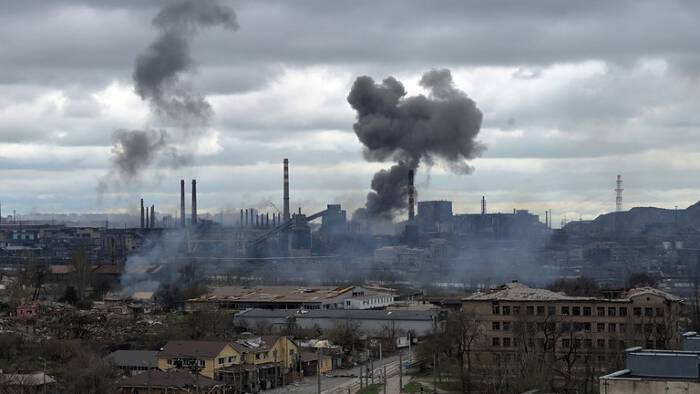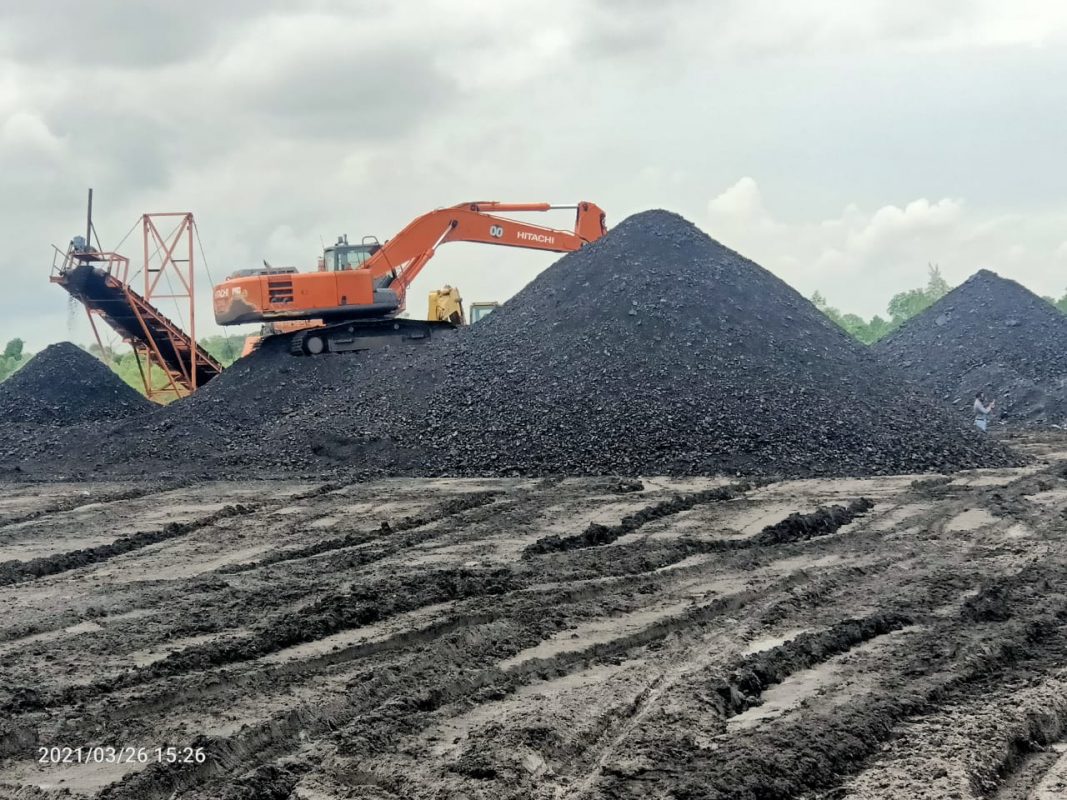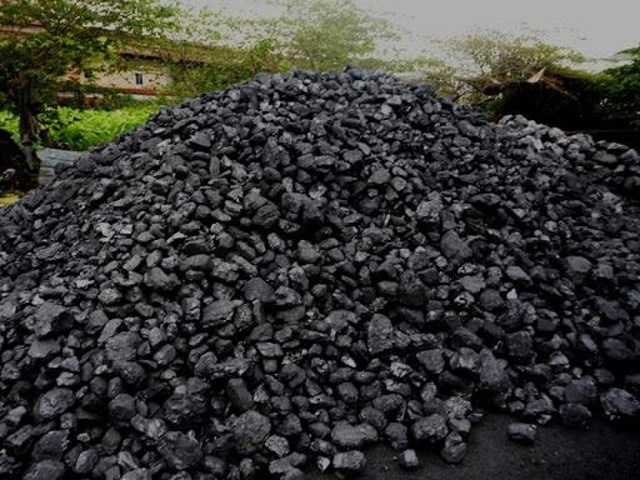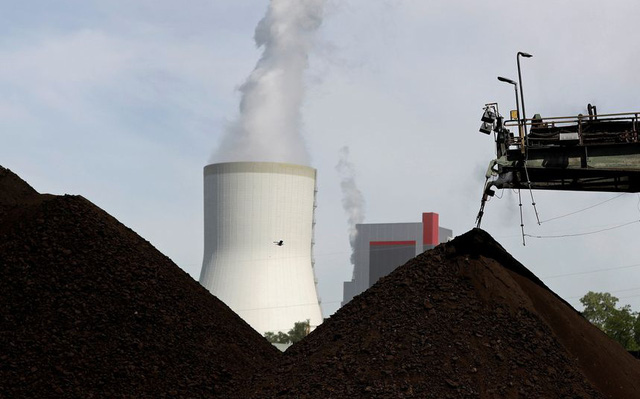1. AMERICA HAS A NEW PRESIDENT
The 59th US presidential election is a suffocating confrontation between incumbent President Donald Trump and “deputy general” Mike Pence (Republican) and candidate couple Joe Biden – Kamala Harris (Democrat).
The public must hold their breath because the vote ratio between the two candidates is constantly close to each other. The race broke out when Mr. Trump’s side accused the Democrats of cheating, but a series of accusations by the Republicans were denied.
In total, Mr. Biden scored more than 81 million popular votes and won the overall with a total of 306/538 electoral votes. However, Mr. Trump did not accept defeat.
The US Capitol building was engulfed in flames and riots, January 6. (Photo: AP).
The climax of the competition came on January 6, 2021, when Mr. Trump called for a crowd of supporters to march to the Capitol, where hundreds of congressmen were certifying the results of the electoral college ballots.
The riot at the Capitol that day sent MPs fleeing, smoke engulfed one of the symbols of world democracy and left at least four people dead.
Faced with criticism from all sides, Trump finally conceded defeat. The 59th US presidential election became one of the most memorable elections in American history.
This election recorded many other records: the highest turnout of voters since the beginning of the 19th century; Mr. Biden becomes the oldest person to take office; Mrs. Harris became the first woman and person of color to serve as vice president; and Mr. Trump is the only president to be impeached twice – the second time for his involvement in post-election riots.
Owning the White House at the age of 78, President Joe Biden must clean up the mess left behind by his predecessor: a deadly pandemic, a stagnant economy, rampant unemployment. Even so, in the full text of his inauguration speech, the Democratic president was still very hopeful about a bright future for America.
After a year in office, Mr. Biden has achieved certain achievements. On the anti-epidemic front, the biggest success is probably the vaccination campaign. To date, more than 200 million Americans have received at least one dose of the COVID-19 vaccine. In addition, the United States also shares hundreds of millions of doses of vaccines with the world, is the leading country in the strategy of vaccine diplomacy.
In addition, the Democratic president also established two other legislative achievements, respectively, a $1.9 trillion economic relief package and a $1.2 trillion infrastructure investment act. These are spending packages that could help revive the economy after more than two years of being ravaged by COVID, and help Washington balance power with Beijing.
On the diplomatic front, Mr. Biden has re-established relations with close allies as well as expanded his network of partners to Southeast Asia, thereby helping to change the face of the US after 4 years of Mr. permission.
2. KHỞI ĐẦU LẠC QUAN NHỜ VACXIN, CUỐI NĂM U ÁM VÌ BIẾN CHỦNG
After nearly a year of ups and downs, scientists around the world have finally successfully prepared a COVID-19 vaccine. Some of the most popular names today include Pfizer-BioNTech, Oxford-AstraZeneca, Moderna, Sinopharm, etc.
Entering 2021, health officials from New York, London to Shanghai officially launch a vaccination campaign with the hope of achieving a 75% vaccination rate to form herd immunity.

It seems that the vaccine will bring a bright 2021, but the reality is quite gloomy. Rich countries quickly buy vaccines, but people are afraid to vaccinate, while poor countries struggle to buy vaccines and enter later.
By the middle of the year, along with the appearance of the Delta mutation, scientists warn that the vaccination rate needs to reach over 90% to form herd immunity.
A new wave of COVID broke out on all continents, forcing governments to both control the disease and speed up vaccination. The case of Vietnam in the last 2nd and 3rd quarters is a clear example.

Accumulated from the outbreak of the pandemic until now, the total number of infections globally is nearly 268 million; and the total number of deaths reached nearly 5.3 million. The figures continue to increase day by day.
Elsewhere, according to data from Our World in Data, to date, about 8.45 billion doses of vaccine have been distributed globally, too low compared to the number needed. In addition, only about 56% of the world’s population receives at least one dose of the vaccine, and only 7.1% of people in low-income countries receive at least one dose.
The Delta mutation has not yet receded, but recently, WHO announced the appearance of a new super mutant named Omicron. Scientists have not yet gathered enough information about this variant, but drug companies have warned that the vaccine could be less effective against Omicron.
3. HỖN LOẠN CUỖI CUNG ỨNG
Signs of instability in the supply chain have surfaced since last year, when the whole world struggled to find substitutes for the products of China’s “big factory”.
In 2021, the situation worsens. In the context of demand outstripping the market’s capacity to supply containers, global ocean freight rates have increased by more than 250% in the past year and caused congestion at many major seaports such as Los Angeles – San Francisco. (USA) or Rotterdam (Netherlands), according to maritime consulting firm Drewry.

The supply chain, already suffering from a severe shortage of containers and a price shock, took on extra weight when the 221,000-ton Ever Given supership ran aground and blocked the Suez Canal in March.
As a result, 10 billion USD of goods were stranded, hundreds of ships had to spend more time and fuel to detour to deliver goods, …
China is also a bottleneck in the crisis, because Beijing’s Zero COVID strategy forced a series of large ports such as Yantian (Shenzhen), Ningbo – Zhoushan to temporarily close in the middle of the year; The crew had an early Lunar New Year break, leading to a widespread shortage of workers.
Super ship Ever Given blocked the Suez Canal in March. (Photo: USA Today).
The new wave of COVID in emerging commodity production hubs like Vietnam also leads to the risk of shortages of goods for Christmas and New Year in the West when a series of factories have to close or reduce capacity to quell the epidemic. in the middle of the year. Some have considered moving production facilities out of our country.
Analysts predict that it will not be until 2023 at least before the bottlenecks in the supply chain will be cleared, and sea freight rates will go flat and establish a new price level at a fairly high level.
At the beginning of the year, amid a strong global economy, high demand for Chinese goods, escalating freight rates and central banks maintaining loose monetary policy, commodity prices continued to skyrocket.
Some banks have speculated about the beginning of a commodity supercycle – a phenomenon in which demand outstrips supply, leading to a steady rise in commodity prices for years, or sometimes decades.
Crude oil is triggering a global food price shock
Since the beginning of the year, the price of crude oil, many agricultural products and metals in the world has increased from 20% to more than 300%, especially gas prices in Europe have sometimes increased by more than 600%. Bloomberg’s Commodities Index is up nearly 30% from the beginning of 2021.

As a major “force” in the commodity market, China also sweated and was forced to take many measures to control commodity prices such as discharging metal reserves and suppressing speculation.
Beijing’s drastic measures have indeed worked. From around September, prices of some key commodities have cooled down somewhat. Although the commodity market has cooled down, some analysts still believe this is a sign of a true commodity super cycle.

In the context of the world’s ambition to gradually reduce fossil fuel consumption and bring greenhouse gas emissions to zero, the energy crisis taking place in China and Europe highlights the difficulties in the world. this program.
Since the end of August until now, the world’s second largest economy has experienced a serious power shortage due to a lack of coal and energy consumption control policies, causing damage to more than 20 provinces and cities. At the same time, Europe is also struggling to find a way to collect gas to prepare for the coming harsh winter.
Mysterious energy crisis in Quoc: Demand does not increase, supply does not decrease, why suddenly widespread power cut?
To solve the crisis, Beijing has urged domestic companies to exploit more coal, cut the amount of electricity supplied to energy-intensive plants such as steelmaking facilities, cement production facilities, etc. time to gather coal, gas and crude oil from new suppliers.
Europe is more miserable when gas inventories have been exhausted since the beginning of summer and Russia refuses to pump more gas to force the EU through Nord Stream 2 Project. Governments in the region can only negotiate with The Kremlin, has just devoted itself to buying more fossil fuels to solve its problem.
6. TÀI SẢN KỸ THUẬT SỐ LÊN NGÔI
2021 could be the most memorable year for digital assets. Year-to-date, bitcoin – the world’s largest virtual currency, is up more than 67% and has repeatedly broken the old record to climb to an all-time high of more than $67,700/BTC.
Bitcoin has also been hailed as “digital gold”, which is comparable to traditional assets in terms of anti-inflation. Financial institutions increasingly take bitcoin seriously, and El Salvador became the first country in the world to recognize bitcoin as legal tender.

The “memecoins” such as dogecoin, shiba inu or even omicron (coin with the same name as the Omicron variant) also took the throne, increasing hundreds of percent in just a few months, even a few short days.
Not to mention, other digital assets such as NFT, blockchain games are also popular. Recently, a piece of virtual land in the game Axie Infinity was also sold for the equivalent of 2.3 million USD.
However, the digital asset market is still very volatile, as the bitcoin price has spiked at least three times this year due to China’s repressive policies, the stirrings of billionaire Elon Musk or the appearance of the Omicron variant.
The volatile nature of cryptocurrencies has experts questioning whether they are ready to become a mainstream asset or just a speculative asset, a bubble waiting to burst.
Going into 2022, virtual currencies will continue to come under pressure from global financial authorities and may be the most heavily regulated among investment assets, according to a survey in early December by Natixis Investment Managers.
7. MẦM MỐNG KHỦNG HOẢNG TÀI CHÍNH TỪ TRUNG QUỐC
After a year of painstakingly dismantling financial leverage, this year, Beijing has begun pursuing President Xi Jinping’s “common prosperity” policy, which aims to distribute the assets of the rich to those with income. lower.
Beijing has also made certain strides, starting with tightening control over the technology, education, entertainment and real estate sectors. However, this approach causes businesses to struggle and lose hundreds of billions of dollars.
One more Chinese real estate company has a drought, the impact may be bigger than Evergrande
In particular, real estate – the mainstay of the billion-dollar economy for many years, has declined significantly. The most obvious example is the “debt bomb” Evergrande, eviating excessive debt in China.
Land sales, an important source of revenue for many local governments, also fell sharply this year. About 65.5% of land at auction nationwide is vacant, the highest rate recorded since 2008, according to Kaiyuan Securities.
Xem thêm về văn bản nguồn nàyNhập văn bản nguồn để có thông tin dịch thuật bổ sung
Gửi phản hồi
Bảng điều khiển bên

Although Beijing insists that financial risks in China are controllable, experts are still concerned about the seeds of a financial crisis emanating from the country, especially in the context of sluggish growth, poor population aging population and decreasing consumption power.
During the pandemic, we have learned that if China sneezes, the whole world will sneeze. The concern is therefore well-founded.
8. NỖI LO LẠM PHÁT ĐEO BÁM CÁC NGÂN HÀNG TRUNG ƯƠNG

Initially, the Fed – the most powerful central bank in the world, also affirmed that the inflation trend was only temporary. But now Chairman Jerome Powell and his colleagues have acknowledged inflation as an existential concern of the economy. This has prompted some analysts to criticize the Fed.
Since November, the Fed has begun to slow down the rate at which money is injected into the financial system. Analysts predict that the Fed may complete its plan to reduce money injection around March next year. And after its December meeting, the US central bank said it could raise interest rates at least three times in 2022.
To cope with inflationary pressure, other central banks such as BoE, ECB have also or considered tightening monetary policy. However, a major obstacle for central banks is that economic growth is stagnating, while the labor market has not recovered to pre-pandemic levels.
In the context of less optimistic macro, the process of tightening policy of global central banks will face many difficulties. However, we still have some glimmers of light, as the governments of the US, China, Japan and many emerging countries like Vietnam have been and are about to issue fiscal stimulus packages to support the economy. economic.
T&G International Joint Stock Company
Address: 352 Hue Street, Le Dai Hanh Ward, Hai Ba Trung District, Hanoi
Hotline: 0345786803
Email: hrm@tginterjsc.com
Website: http://tginternationaljsc.com










